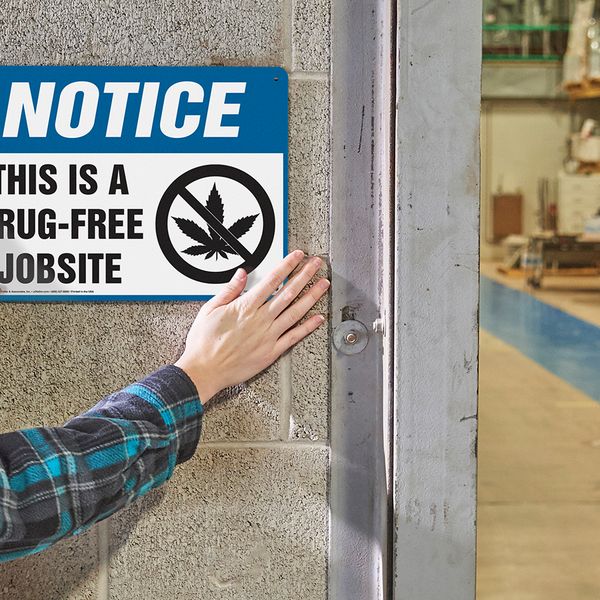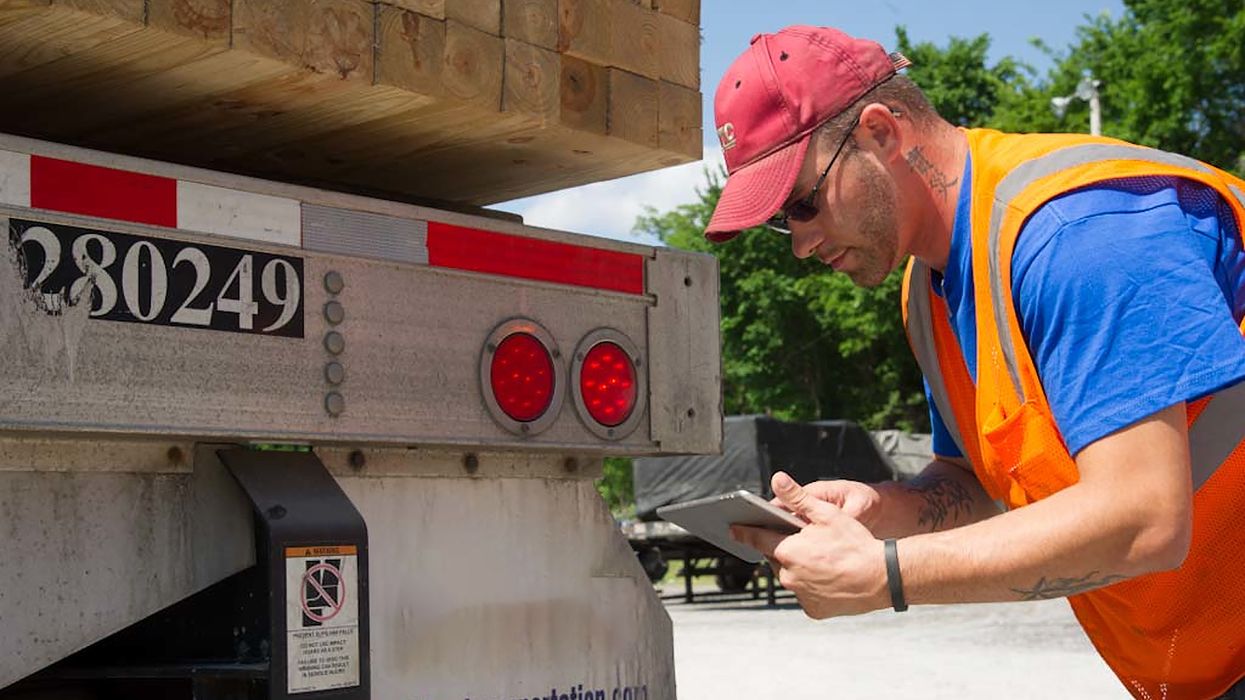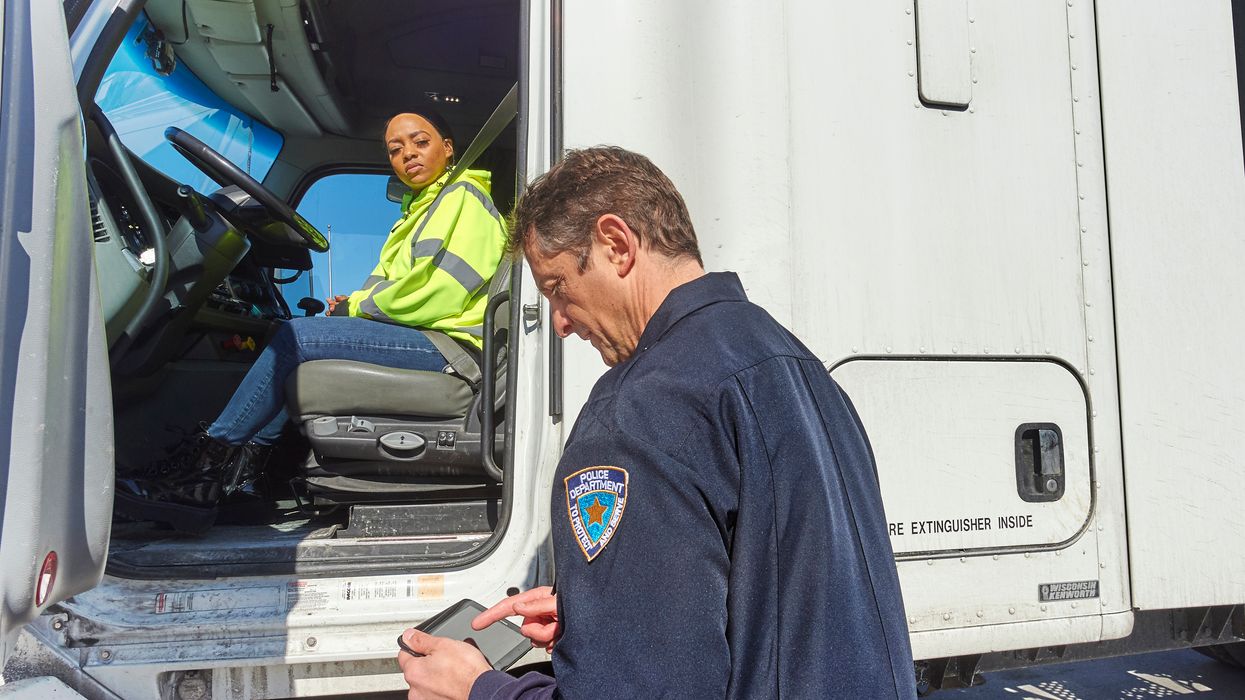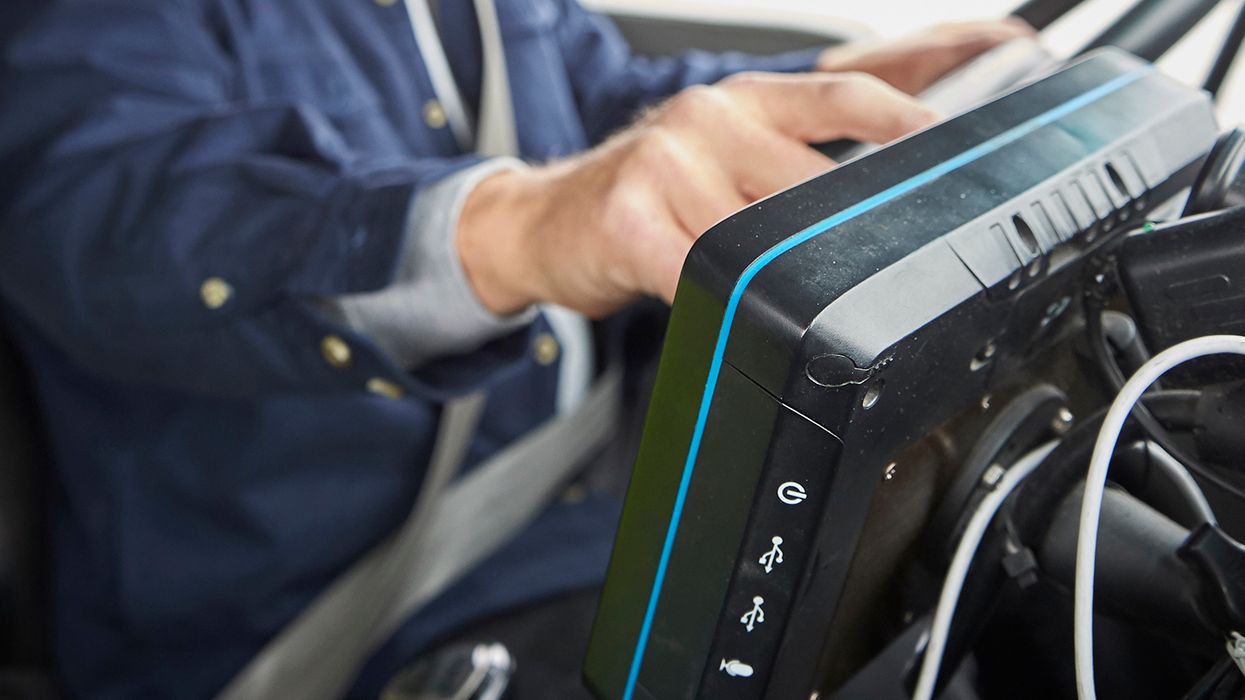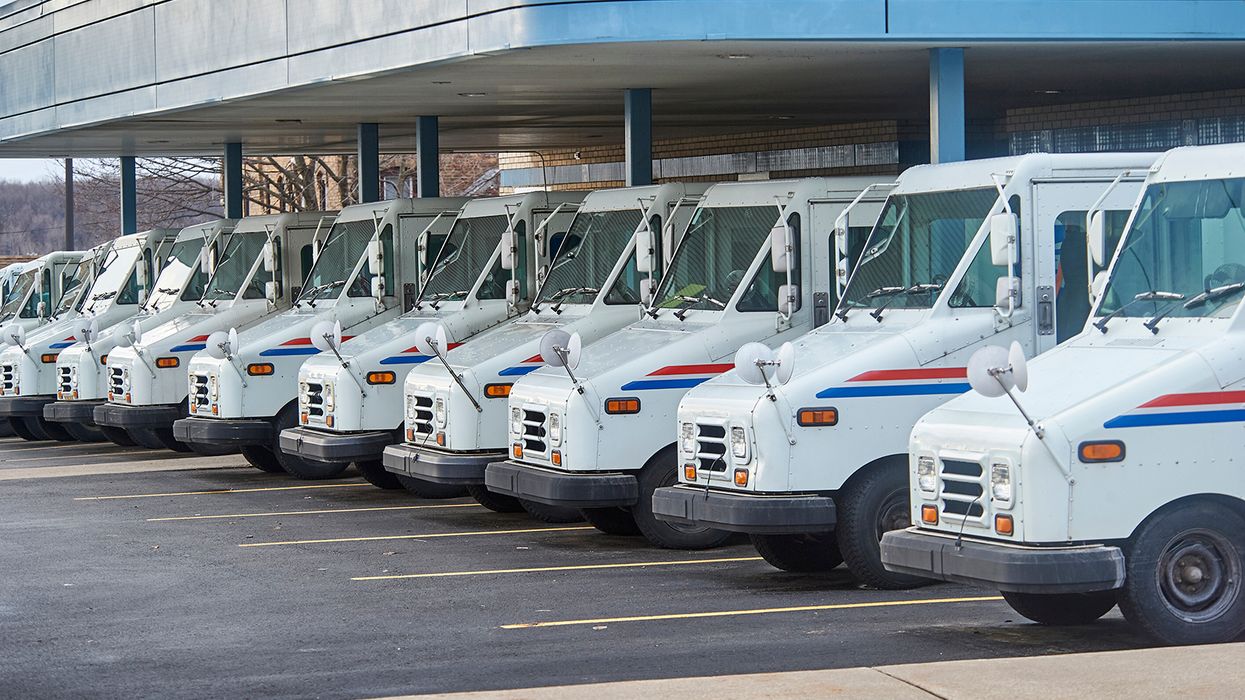New York's marijuana law reflects trend toward greater acceptance
New York’s new recreational marijuana law includes protections for off-the-job use and has implications for workplace drug testing policies.
The Marijuana Regulation and Taxation Act, which took effect on March 31, 2021, allows employers to enforce marijuana policies in the workplace. However, it also protects off-duty use of the drug.
The state’s law is in keeping with national trends that are moving toward a more lenient attitude with regard to marijuana use. Employers who are not in New York would be wise to familiarize themselves with the law’s provisions, as they reflect a common shift.
Protections
The law amends the state’s Lawful Activities Act to protect recreational marijuana users. Under the act, employers may not prohibit the legal use of cannabis when an employee uses it:
- Outside of work hours,
- Off the employer’s premises,
- Without using the employer’s equipment or other property.
Drug testing limitations
Although the law does not prohibit drug testing, the off-duty protections limit an employer’s ability to take action based on a positive drug test for marijuana.
A positive drug test indicates that marijuana was used, but does not indicate when. An employee who tests positive may indicate that the drug was legally used away from work. Under the law, an employer could not take action because of this legal use of marijuana.
Pre-employment drug tests for marijuana also pose problems. A job candidate’s use of marijuana is protected under the law, as it was not used at work, so a positive test should not be used to turn a candidate down.
Employer protections
The law allows employers to maintain a drug-free workplace. They do not violate New York’s Lawful Activities Act by taking action based on marijuana use when:
- The actions are required by a state or federal statutes, regulation, or mandate,
- The actions would cause the employer to be in violation of federal law or would result in the loss of a federal contract or funding,
- The employee is impaired by cannabis, meaning the employee shows specific, articulable symptoms while working that decrease or lessen the employee’s performance of the duties or tasks of the employee’s job position.
These provisions allow employers to continue to follow federal drug testing laws, such as Department of Transportation (DOT) requirements for drivers, that allow action to be taken because of a positive drug test for marijuana.
Employers can also take action when an employee shows signs of drug use. Those signs should be documented, and a reasonable suspicion drug test could be conducted.
In addition:
- An employer can take action based on an employee’s impairment that interferes with the employer’s ability to provide a safe and healthy workplace, free from recognized hazards.
- Marijuana smoking is not allowed in a location where tobacco smoking is prohibited.
- It is illegal to drive while under the influence of marijuana.
Action items
Employers should review workplace drug testing policies to make sure they comply with the law.
Supervisors should be trained in the signs of drug use. They should also know what to do when they suspect an employee is under the influence of marijuana.
In addition, make sure employees are aware of workplace policies that prohibit using, possessing, or being under the influence of marijuana when at work or during work hours.




